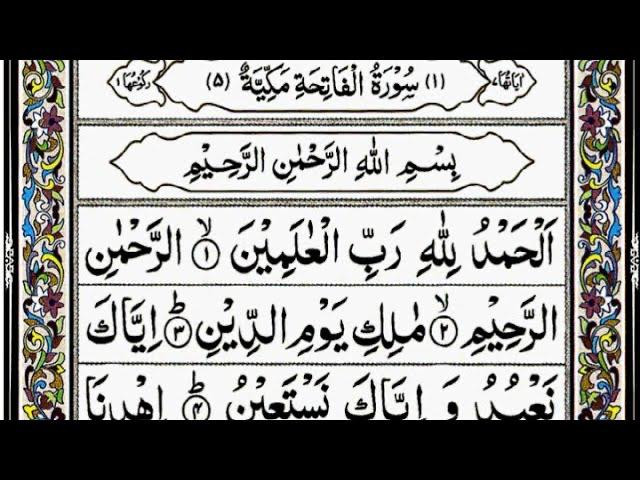دينا أحمد السلام عليكم ورحمة الله
قمت بمناقشة الموضوع مع صديق لي من باكستان الأخ الفاضل Naweed وهذا كان رده:
Here is my take on it. And I am saying this from personal experience because I am also from Pakistan.
1) We speak "Urdu" language in Pakistan, which is a hybrid between Arabic and Persian. It is written as exactly same as that of Arabic. So reading Arabic for us is not a problem. In fact, many of the words (may be 5-6%) in Urdu have the same meaning as that in Arabic. e.g. Aakhir (last), Bukhaar (steam or fever), Hukm (order), Insaan (human), Jawaab (answer), Mazboot (strong) and so on. There are some differences in Urdu and Arabic words for the same, e.g. in Arabic, you say "Jannah" (for heaven), but in Urdu, we say "Jannat".
2) In terms of writing, Urdu is written same as Arabic, e.g. if I have to say "I am looking for an answer to this question", this is how I will write in Urdu: میں اس سوال کا جواب ڈھونڈ رہا ہوں۔
3) There is no difference in Quran (Quran is only one) in Pakistan. However, we have put extra Airaabs (إِعْرَاب) or Harakaats (حركات) in Pakistani version to make it easier for us to pronounce it correctly. See an example of Sura Fatiha in Pakistani printed Quran (for us to understand better)
4) We are taught Quran right from the early age (in homes as well as schools). And special emphasis is given on Tajweed. We listen to lot of Quran recitations from Arabic reciters (e.g. Abdul Rahman Al-Sudais or Mishary Rashid Al Afasy are common ones and my favorites as well).
5) We also get help from professional Quran teachers to help us in our recitation and Tajweed. Many of them have actually gone to Saudi Arabia to learn Tajweed from there and come back and teach other people. The process we follow in Pakistan (usually) is that once a child has finished reading full Quran with help from Quran teacher, he is then made to go through Quran again (and multiple times) but this time with a professional Q'ari who teached the child with proper Tajweed.
